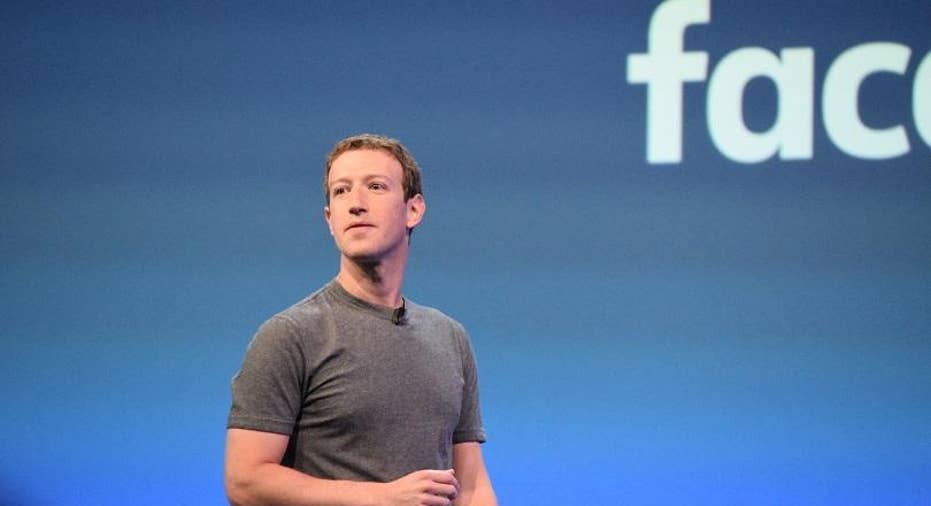Zuckerberg's Vision for Facebook: A Global Community Backed by AI

For the past decade, Facebook has focused on connecting friends and family members; going forward, it wants to develop the social infrastructure for a connected, global community, CEO Mark Zuckerberg wrote in the nearly 6,000-word letter today.
"Facebook stands for bringing us closer together and building a global community," Zuckerberg wrote. "When we began, this idea was not controversial. Every year, the world got more connected and this was seen as a positive trend.
"Yet now, across the world there are people left behind by globalization, and movements for withdrawing from global connection," Zuckerberg said. "There are questions about whether we can make a global community that works for everyone, and whether the path ahead is to connect more or reverse course."
Zuckerberg wants to foster a supportive, safe, informed, civically engaged, and inclusive community, he wrote. But with almost 2 billion Facebook users, that last bit—inclusivity—can be tough.
"In the last year, the complexity of the issues we've seen has outstripped our existing processes for governing the community," Zuckerberg wrote, pointing to incidents like the removal of a famous Vietnam War photograph and the live police shooting video of Philando Castile (both of which were later returned to the site).
"This has been painful for me because I often agree with those criticizing us that we're making mistakes," Zuckerberg wrote, before pledging to allow Facebook "to permit more newsworthy and historical content, even if some is objectionable."
Still, "sitting here in California, we're not best positioned to identify the cultural norms around the world," he wrote. "Instead, we need a system where we can all contribute to setting the standards." Details are still being worked out, but Zuckerberg pointed to a "large-scale democratic process to determine standards with AI to help enforce them."
Artificial intelligence will also come into play on safety issues, Zuckerberg said, from blocking terrorist propaganda to identifying those who need mental health assistance and help from bullying.
"We are researching systems that can look at photos and videos to flag content our team should review," Zuckerberg wrote. "This is still very early in development, but we have started to have it look at some content, and it already generates about one-third of all reports to the team that reviews content for our community."
That community, meanwhile, is increasingly polarized. "Our goal must be to help people see a more complete picture, not just alternate perspectives," according to Zuckerberg, who argued that sensationalism, like articles with clickbait headlines, "moves people away from balanced nuanced opinions towards polarized extremes."
After taking heat for the proliferation of fake news during the 2016 campaign, Facebook has introduced some tools to reduce the amount of incorrect stories that float through news feeds. Going forward, "our approach will focus less on banning misinformation, and more on surfacing additional perspectives and information, including that fact checkers dispute an item's accuracy," Zuckerberg said today.
Armed with accurate information, Zuckerberg said he hopes people will then get involved, from registering to vote to following local elections.
"Today, most of us do not even know who our local representatives are, but many policies impacting our lives are local, and this is where our participation has the greatest influence. Research suggests reading local news is directly correlated with local civic engagement. This shows how building an informed community, supportive local communities, and a civically-engaged community are all related."
This article originally appeared on PCMag.com.



















